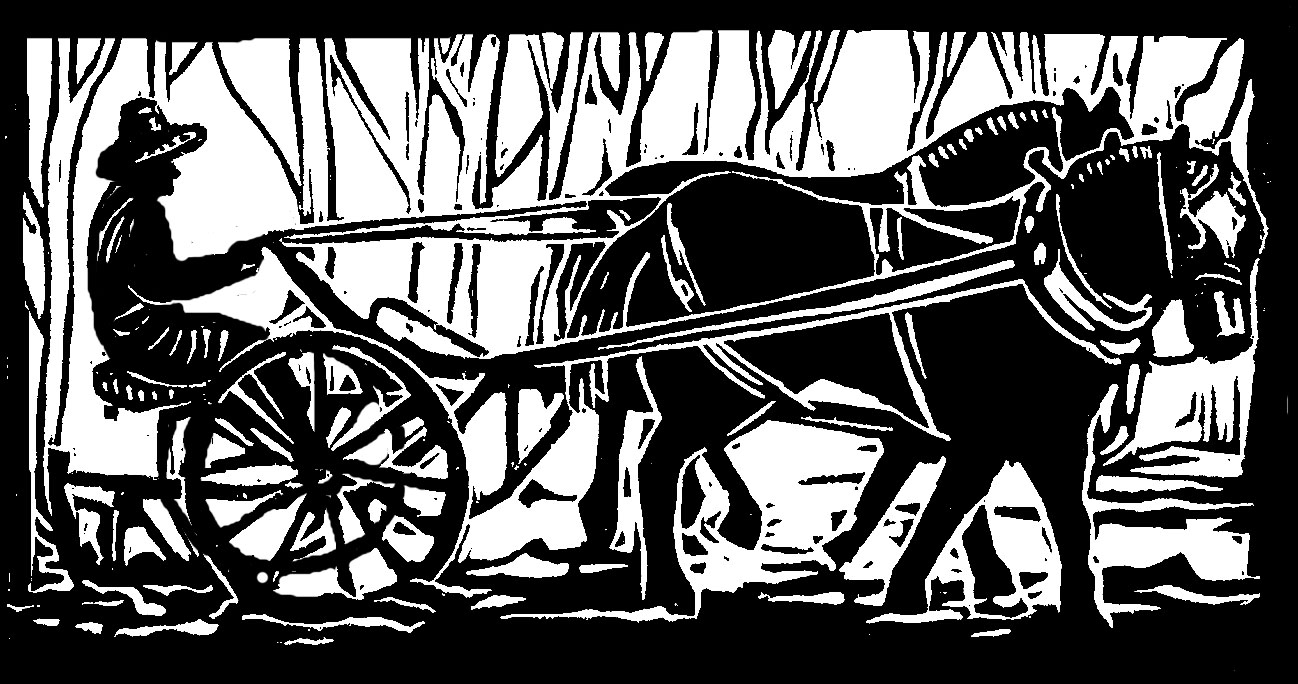We have a new fellow around the farmhouse. He spent his first three days here under the couch. He was so quiet we were afraid he had disappeared.
It became clear, however, the very first night, that he was still present. There was an ear-splitting screech, followed by thuds, growls, and hisses, in the hallway outside our bedroom.
My farmer fellow and I were on the verge of sleep, and we woke right back up. “It seems like Cricket met the new kitty,” I said, over the pounding of my heart.
“Mmm,” said my fellow, over the pounding of his.
Nothing else happened, and we fell asleep. Then we woke up again, for a second set-to in the hallway. “This must be where people get their terrifying descriptions of the shrieks of hell,” I said to my fellow, over the pounding of my heart.
“Mmm,” said my fellow, over the pounding of his.
Then all was quiet. We fell asleep, again. We woke up, again. This time the shrieks of hell were right in the bedroom.
I sat up in bed. “Holy moly,” I said to my fellow, over the pounding of my heart.
“Holy moly,” he agreed, over the pounding of his.
Then the new kitty must have taken up residence under the couch. The next day, Cricket made it clear she wanted to go outside, and fast, and we worried about her, and about the new kitty. After a night like that, maybe he really had disappeared.
But that evening, we had another hallway concert, just one, thankfully. For three nights in a row, we had single hallway episodes, which let us know that our new fellow was still about the house.
Then we began to get glimpses: a dart, a dash, a flash, a streak. A crunching noise in the kitchen. Very welcome evidence, after the first 24 hours, that the fellow was doing his duty, in the appropriate facilities.
Finally I shone a flashlight under the couch. He was in the back corner, huddled up against the wall.
“Oh, kitty,” said I, which was probably not all that comforting, as I was shining a huge light in his face. I left him some butter on a plate, under the edge of the couch. He didn’t eat it.
But a few days later, we saw him sitting on a chair, right out in the open. We crooned to him, and he listened. If we came too near, whisk! he was gone.
When our daughter came home from college, we had a breakthrough. She sat on the floor, and sweet-talked him, and finally he came creeping over, and she petted him, and he even purred.
After that, he got friendlier and friendlier. Since Cricket was outside during the day, he would come visit us, in the kitchen, or at my writing desk. He learned the kitty call for treats, too, and we finally got a good look at him.
He is a sleek and slinky fellow, mostly black, with white paws, chest, and belly. He also has a white goatee, and a single sophisticated white eye whisker among all the black, and a white lightning bolt on his ankle. Despite being quite a gentleman, friendly and polite, he matches his lightning bolt with a thunderous voice, meowing urgently at the food dish, and the people.
We, of course, have been entirely charmed by this new fellow.
Cricket, of course, has not.
Just lately, Cricket looked up at me on the stairs. “Prrt?” she said “Pet me?” and immediately swiveled her head to growl at wherever the new cat might be.
"Prrt? Growl! Prrt? Growl! Prrt? Growl!” she said some more.
I sure do sympathize with our nice kitty Cricket, who did not choose to have this interloper join us on the farm. But it was awfully hard not to laugh.
Originally published in the Monadnock Shopper News, Dec 15- Dec 21, 2021
